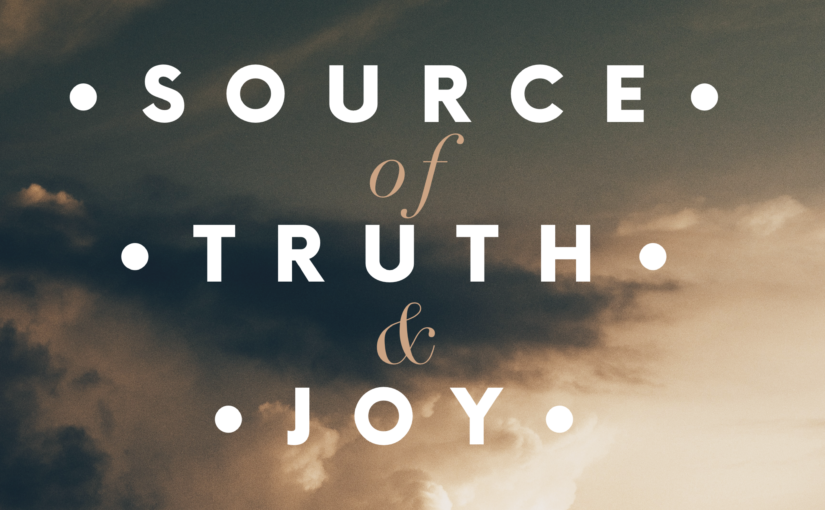With the new year approaching, I am certain that come the 1st of January, gyms across the nation will have an increase in their total memberships. Due to the increase of members, they will also need to bring in extra equipment to meet need of the sudden surge of traffic. The place will be packed… and by the 7th of January, they will have moved out all the extra equipment and most of the traffic would have dwindled… as most people will have given up their New Year’s resolutions.
Not only will this happen at your local gyms, but also in many different places, people will most definitely have given up their resolutions to get fit, to lose weight, to stop bad habits, to get out of debt. There is nothing wrong with making these common New Year’s resolutions. Of course, all of us make resolutions that we fail to keep.
The good news is that each year is an opportunity for a fresh start. But then so is each week. Every Sunday is the first day of the week… a new beginning. Actually, every day is an opportunity for a new beginning.
The passage for today tells us something about new beginnings and new opportunities, and suggests some possible New Year’s resolutions.
Scripture: Psalms 1:1-6
1) Blessed is the one who does not walk in step with the wicked or stand in the way that sinners take 2) or sit in the company of mockers, but whose delight is in the law of the Lord, and who meditates on his law day and night. 3) That person is like a tree planted by streams of water, which yields its fruit in season and whose leaf does not wither — whatever they do prospers. 4) Not so the wicked! They are like chaff that the wind blows away. 5) Therefore the wicked will not stand in the judgment, nor sinners in the assembly of the righteous. 6) For the Lord watches over the way of the righteous, but the way of the wicked leads to destruction.
‘Delight’ in the Word
If you are beginning the journey to read the Bible this year, ‘Delight’ in the Bible, and find encouragement in the words that Psalm 1 has for you.
The promise is that if you ‘delight’ in God’s Word and ‘meditate’ on Scripture ‘day and night’ (v.2, MSG), your life will be blessed. Happiness comes from what happens to you. Blessing is what happens to you through knowing God and meditating on his words.
God promises you fruitfulness (‘which yields its fruit in season’, v.3b), vitality (‘whose leaves do not wither’, v.3c) and prosperity (‘whatever they do prospers’, v.3d), though not necessarily material prosperity!
This message is backed up by a glance across at the ultimate fate of ‘the wicked’. The psalmist does not try to pretend that the wicked don’t sometimes prosper. He simply reminds us of the transitory nature of their prosperity – ‘they are like chaff that the wind blows away… [they] will perish’ (v.4,6).
The key to lasting, and ultimately eternal, fruitfulness and vitality lies in your relationship with God. As you seek to follow ‘the way of the righteous’, you are assured that the Lord himself will watch over you (v.6).
Prayer
“Lord, thank you for your wonderful promises as I resolve to make a regular habit of delighting in your word and meditating on it. Amen.”



